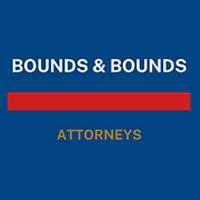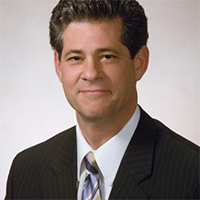Saint Stephens Church Criminal Lawyer, Virginia
Sponsored Law Firm
-
 x
x

Click For More Info:
-
Price Benowitz LLP
409 7Th St Nw Suite 200 Washington, DC 20004» view mapCriminal Law Working Relentlessly For You
Our firm was built on the understanding that comprehensive representation does not begin and end in the courtroom.
202-600-9400
Jason Moore
Jason Moore is a life long resident of Central Virginia. He graduated from Uva where he majored in History, and worked at the school paper. He took a... (more)
Joseph McGrath
✓ VERIFIEDIf you have to go to court, put experience on your side with Joe McGrath Attorney at Law. Virginia Traffic Court & DUI Attorney. Joe McGrath has been ... (more)
Daniel James Bounds
✓ VERIFIEDDaniel J. Bounds founded Bounds and Bounds, PLLC in 2022 and serves as the Managing Partner of the Firm. Before practicing law, Daniel accumulated hi... (more)
Wayne Barry Montgomery
✓ VERIFIEDMr. Montgomery has over 15 years of trial litigation experience in criminal law, personal injury law (car accidents and medical malpractice) and emplo... (more)
Stephen Vaughan Sommers
✓ VERIFIEDSTEPHEN V. SOMMERS (licensed in Virginia 1999, Texas (1997), Maryland (1996)), was born at Camp Pendleton, CA, October 4, 1956 and educated at Troy St... (more)
John Paul Gregorio
FREE CONSULTATION
CONTACTFREE CONSULTATION
CONTACTRobert K. Caudle
FREE CONSULTATION
CONTACT Seth Price Washington, DC
Seth Price Washington, DC AboutPrice Benowitz LLP
AboutPrice Benowitz LLP Practice AreasExpertise
Practice AreasExpertise





